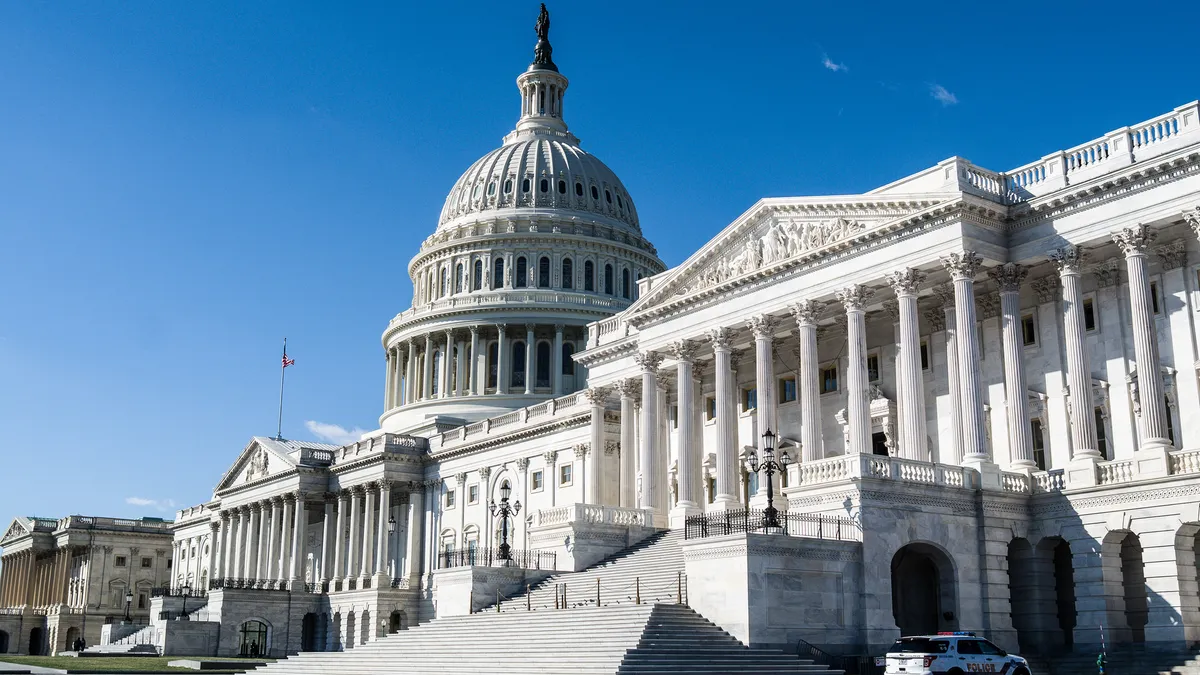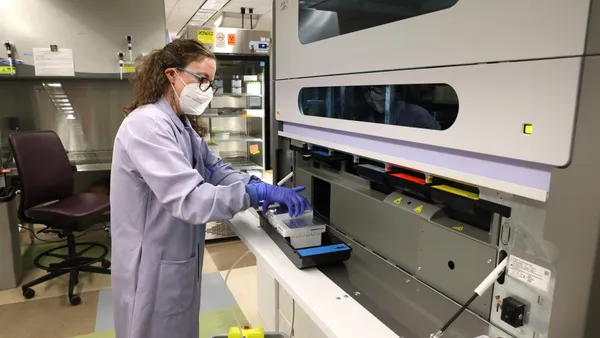Dive Brief:
-
The House has a passed a bill to change how local coverage determinations are made and reconsidered, an effort backed by the medical device industry.
-
If signed into law, the bill would require the small local private insurers that handle LCDs gather feedback before finalizing their decisions. Prospects in the Senate are murky.
-
If enacted, the bill would require these so-called Medicare administrative contractors to publish draft LCDs, hold public meetings to discuss them and open the proposals up to written comments.
Dive Insight:
LCDs establish criteria and coverage limitations for health services, procedures and devices in particular geographic areas.
In some cases, the coverage of health interventions by Medicare is standardized across the U.S. by national coverage determinations. CMS develops these NCDs. However, no NCD exists for some products. In other cases, the NCD is poorly defined. LCDs exist to enable the private insurers that process Medicare claims locally to mitigate gaps in the criteria and coverage provided by NCDs.
Organizations including the College of American Pathologists have criticized the existing LCD process. The Medicare administrative contractors (MACs), private insurers that make the decisions, stand accused of failing to incorporate the views of independent experts into their assessments and otherwise taking decisions behind closed doors. The bill passed by the House seeks to address these perceived failings.
"H.R. 3635 is an important first step in the coverage reform process, and includes needed changes to improve the transparency, predictability and accountability of CMS' LCDs so that these decisions are well publicized with the opportunity for all stakeholders to provide feedback," AdvaMed CEO Scott Whitaker said in a statement.
A Senate version of the bill was introduced last year, but there has been no action since then, making its prospect for near term action dim.
Under the bill, MACs could only finalize LCDs after going through that public consultation process. The bill would also require MACs to explain the rationale behind their final determinations online.
Other aspects of the bill deal with how MACs handle requests to reconsider LCDs. Legislators want to ensure that MACs that receive such requests provide information about whether their determination was appropriate and take and publicize any changes necessitated by the review of the LCD. If that fails to address the grievance, the case can be escalated to the CMS for further assessment.













